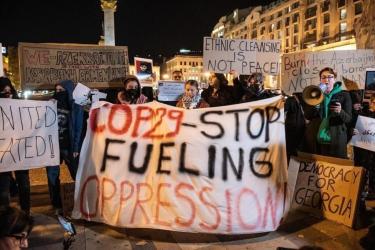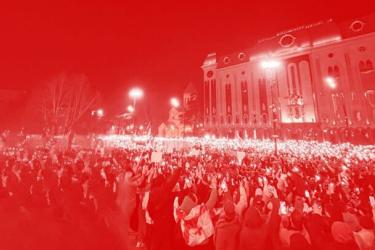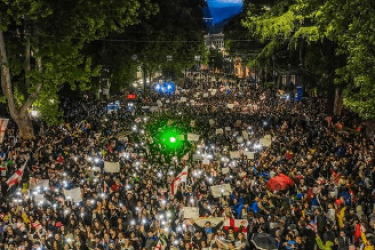Georgia
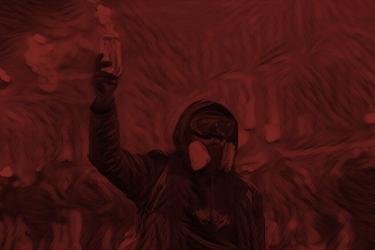
Uprising for democracy in the Caucasus: The Georgian people versus the government

Economy, politics and geopolitics behind Georgia’s ‘foreign agents law’
What we can learn from Georgia's social workers' struggle
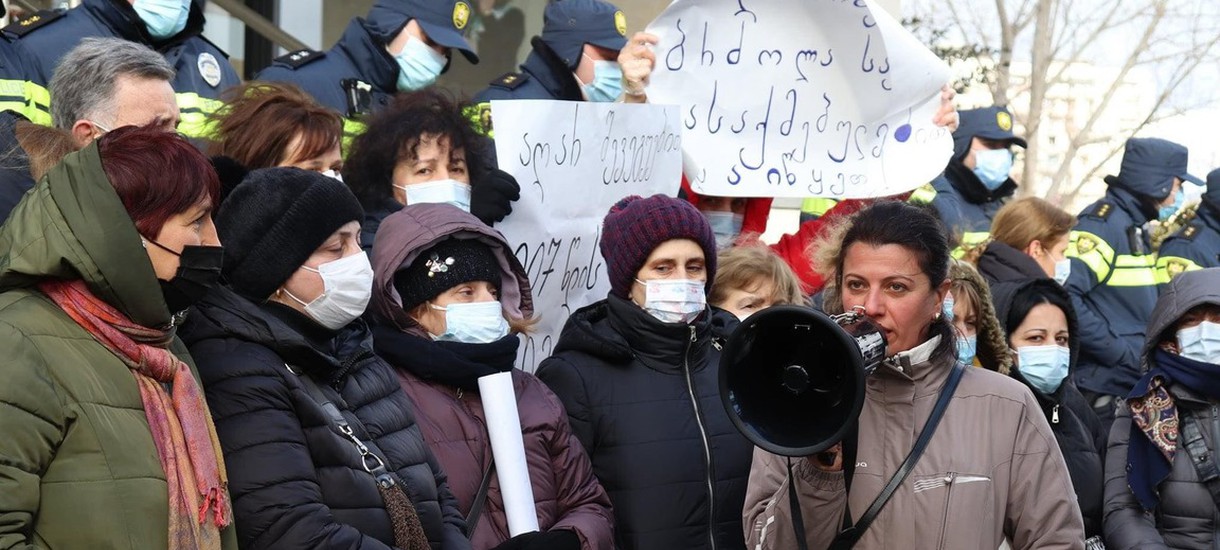
By Sofia Japaridze, with introduct

Bund miembros y las víctimas pogrom en Odessa, 1905.
National liberation and Bolshevism re-examined: A view from the borderlands

Bund members and pogrom victims in Odessa, 1905.
Alex Callinicos on imperialism, two reviews

Review by Barry Healy
Imperialism and Global Political Economy
By Alex Callinicos
Polity, 2009
227 pages
October 2, 2010 -- The topic of “imperialism” greatly occupied the minds of late-19th and early-20th century socialists. Some of the tradition’s greatest minds toiled mightily to discern the fundamental changes in capitalism that were occurring before their eyes.
Capitalism, as analysed by Karl Marx, had grown fat in its European heartland through the ruthless exploitation of colonies and the brutal factory system in its coal dark cities. But suddenly new phenomena started to appear in the late 1800s.
Banking capital moved from being a support for industrial capital, first merging into and then dominating manufacturing. This agglomeration of money power created massive industrial complexes, like Germany’s famous Krupps steelworks.
The colossal scale of these industrial works dwarfed human beings.
Why the left should support the boycott of Israel -- a reply to the US Socialist Workers Party


